After a summer-long diet of one-sided media reports and images favoring Lebanese suffering and ignoring that to Israeli civilians and cities, many college students are now returning to their campuses with skewed ideas about the war.
Chabad’s on-campus representatives will thus meet the challenge of addressing anti-Israel sentiment and have been working to find ways of reinforcing Jewish pride and support for the Jewish homeland.
As Hizbullah missiles hailed down on Israel, the phone started ringing at University of Michigan’s Chabad House in Ann Arbor. “Kids I hadn’t heard from for a few months decided to call me the day after the war broke out,” said Rabbi Alter Goldstein. Students called, concerned about Israel’s future, eager for ideas of how they – away from Israel, away from campus, at home – could help. Neither pickets nor petitions fit into Rabbi Goldstein’s recommended course of action. Israel’s enemies “are trying to diminish our morale,” Rabbi Goldstein counseled. “We have to be strong, to increase in positive deeds, and have a positive attitude.”
Summer session students at University of Wisconsin at Madison reacted along the same lines. Chabad at UW initiated a Tefillin Club for Israel. Adding mitzvot, especially tefillin, is a time-honored Chabad response, promoted first by the Lubavitcher Rebbe in the terrifying run up to the Six Day War in 1967. An international campaign for a Unity Torah, launched by Chabad of Princeton University in July, motivated hundreds of students from 90-plus colleges and universities to pony up a dollar each to sponsor letters in the Torah, which will eventually be used at an academic institution in Israel. A sample tally: 21 students participated from Dartmouth, 23 from, 8 from Berklee College of Music, and five from the 125-year-old Universidad de Sagrado Corazon in Puerto Rico.
So far, 39 students from Washington University in S. Louis purchased letters in the Unity Torah. "Washington University has a strong Jewish community, and we are very optimistic that our campus will remain a very positive place throughout this entire academic year," said Chabad representative Rabbi Hershey Novack. Chabad is working on a summit to be held later in September that will bring pro-Israeli students and faculty toether on important Israel related issues.
In Melbourne, Australia, at Monash University, Merkos on Campus’s Rabbi Yankel Rapp digs in deep when Jewish students ask about Israel. When a student approaches him on campus, Rabbi Rapp listens closely and often finds “the issue is not answering specific questions but dealing with emotions behind the questions.” Positive action is the way forward, he said. Blowing shofar for students, wrapping tefillin, learning Torah is far more productive than debating. “When you take an attitude of Jewish pride, the antagonism dwindles away.”
During the war, 30 Yale University students who returned from Israel weeks before war broke out, received an email that had them all “walking on eggshells,” said Chabad at Yale’s Rabbi Shua Rosenstein. On their trip, organized by Mayanot Institute of Jewish Studies in Jerusalem, Chabad’s birthright israel tour provider, the Yalies befriended a young soldier. Her emails said what the news anchors missed. She wrote about being stationed in Gaza, while her father and boyfriend served in Lebanon. “She didn’t know if she would ever see them again and yet felt proud every second to be fighting for her country,” said Rabbi Rosenstein. Students wrote back, promising to pray, praising her courage, awaiting word of her safe return home. “Because they know her on personal level, she was no longer an ‘aggressive Israeli soldier,’” said Rabbi Rosenstein, “but one of our friends.”
Surprising UW’s Chabad representative Rabbi Mendel Matusof was the degree to which students were “overwhelmingly very, very pro-Israel.” Far from swallowing the news coverage whole, many students, who tucked into roasted chicken at the Matusofs’ well-attended Shabbat meals, were critical of the media’s coverage. Most passionately vocal in support for Israel, Rabbi Matusof found, were students who had visited the country on Taglit-birthright israel or similar programs. “It is almost similar to 9-11 when everyone in America felt they had been hit by the terrorists,” said Rabbi Matusof. “Those who had been to Israel had all been to Haifa, to Tiberias. They could appreciate the horror of rockets landing on people they had met, in places where they had a great time. It made news in Israel so much more personal.”
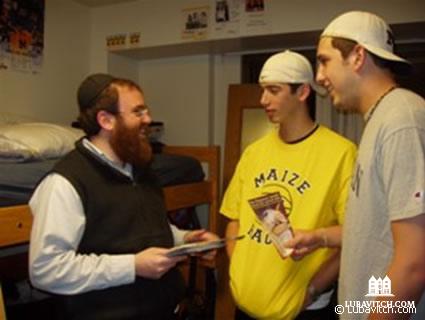
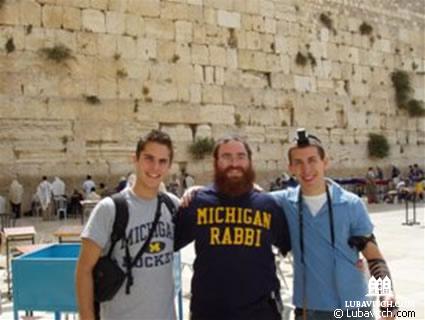
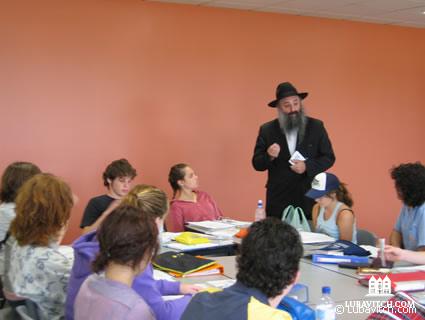
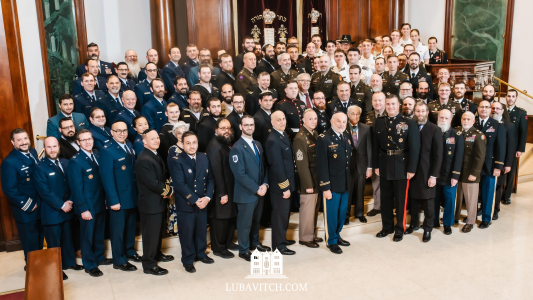
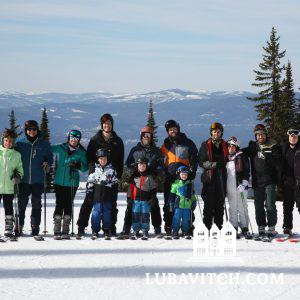
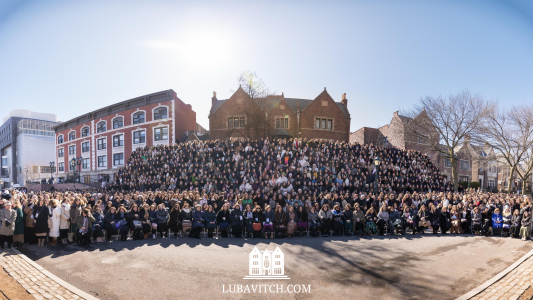
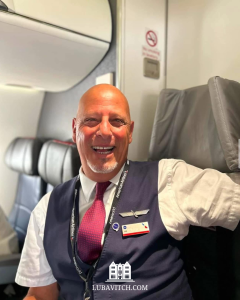

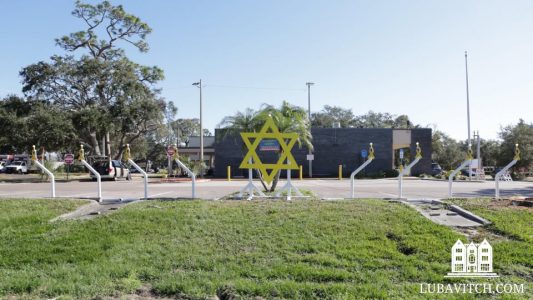

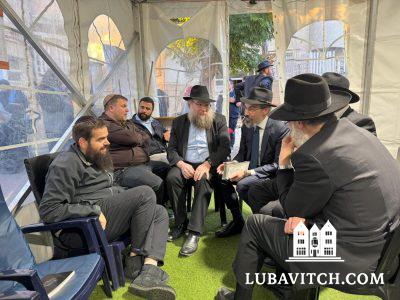

Be the first to write a comment.